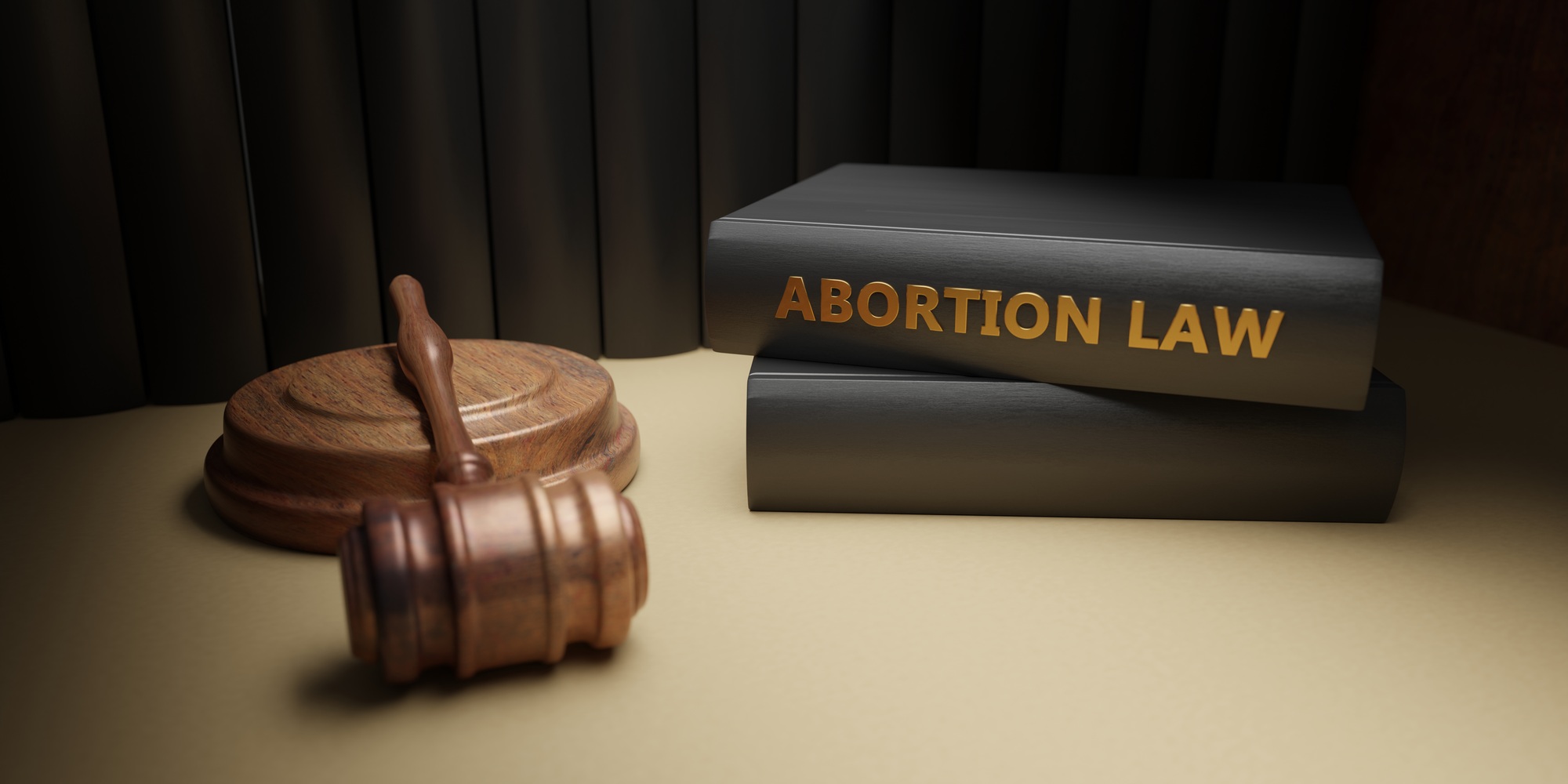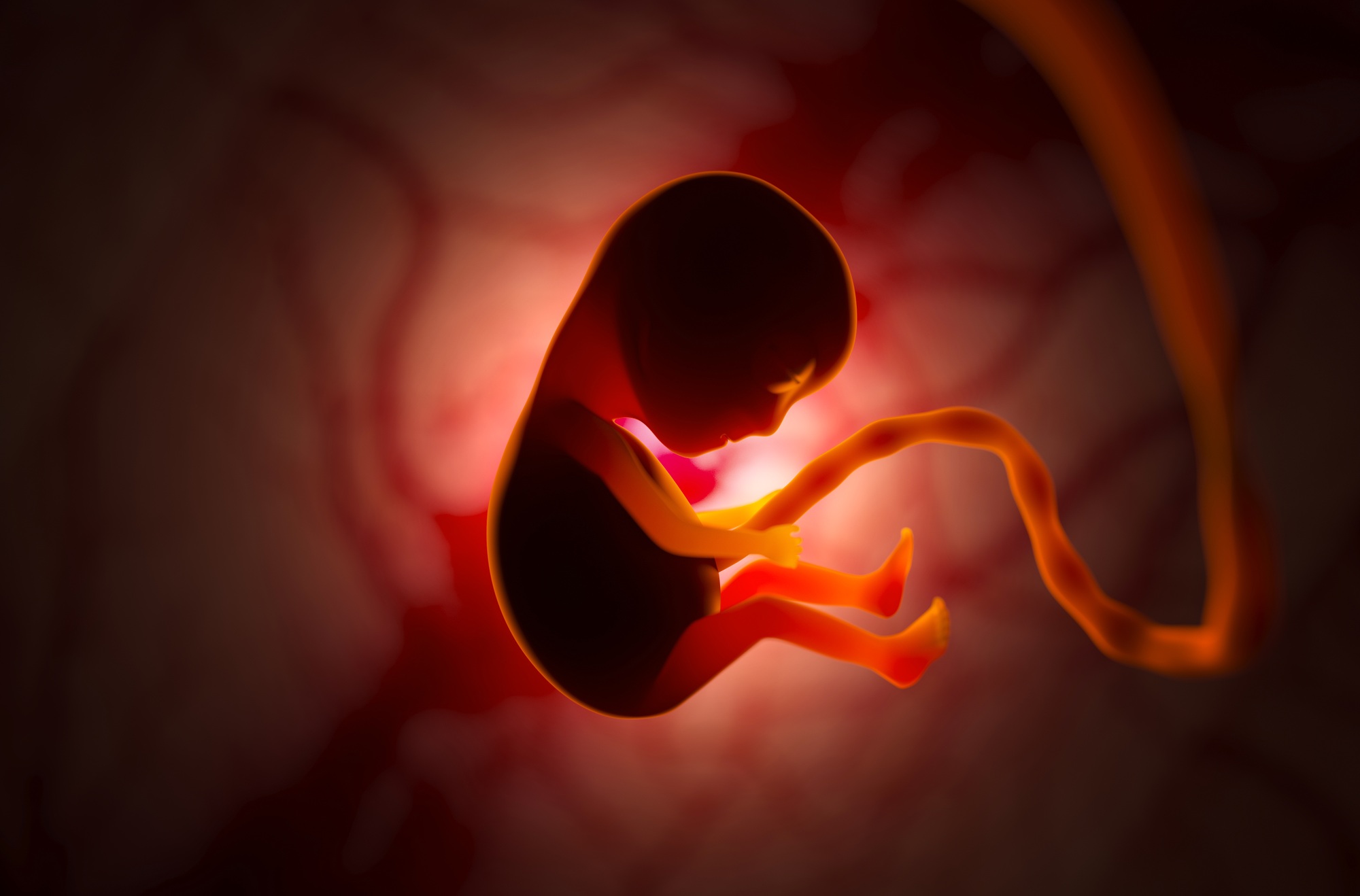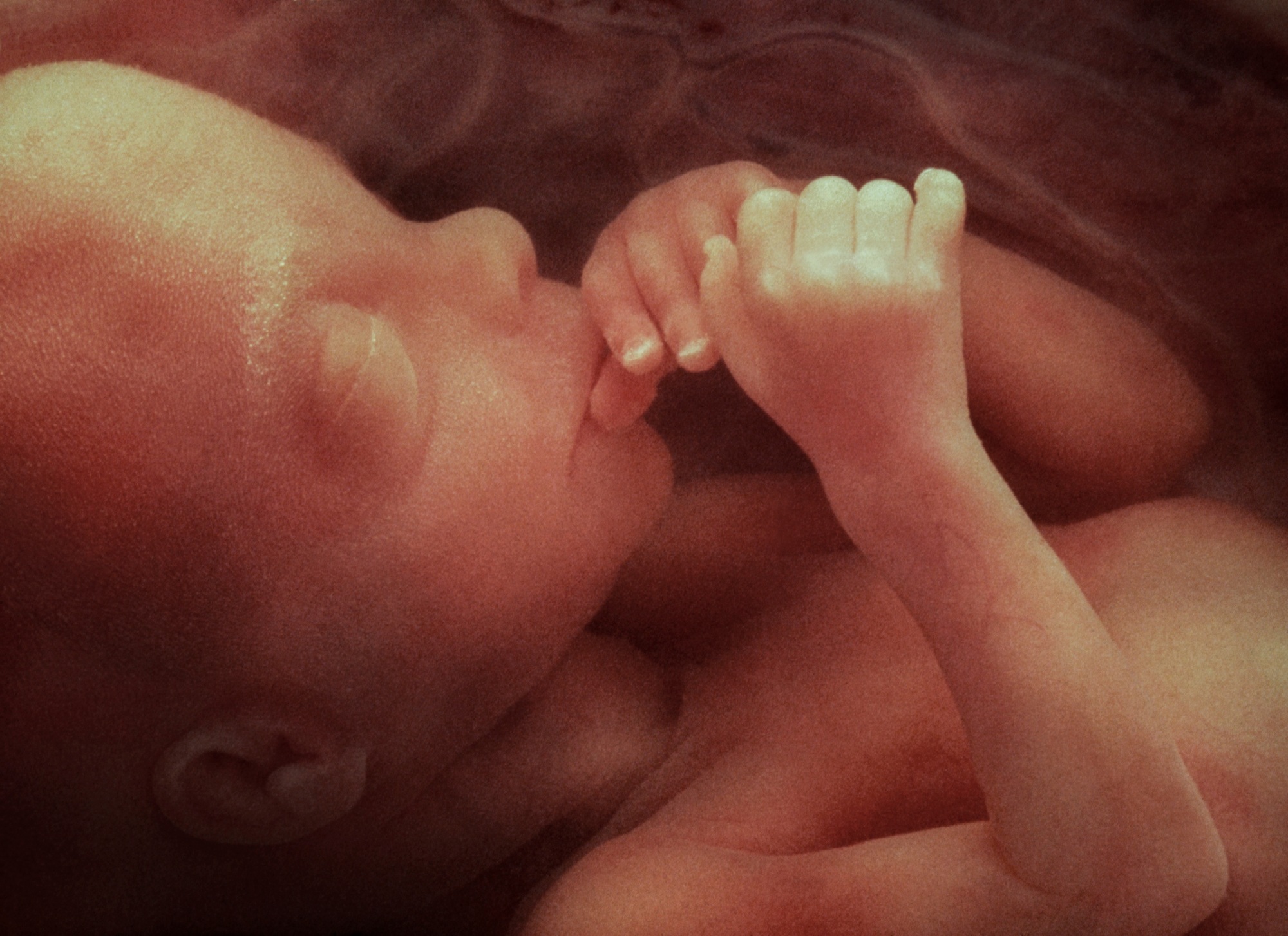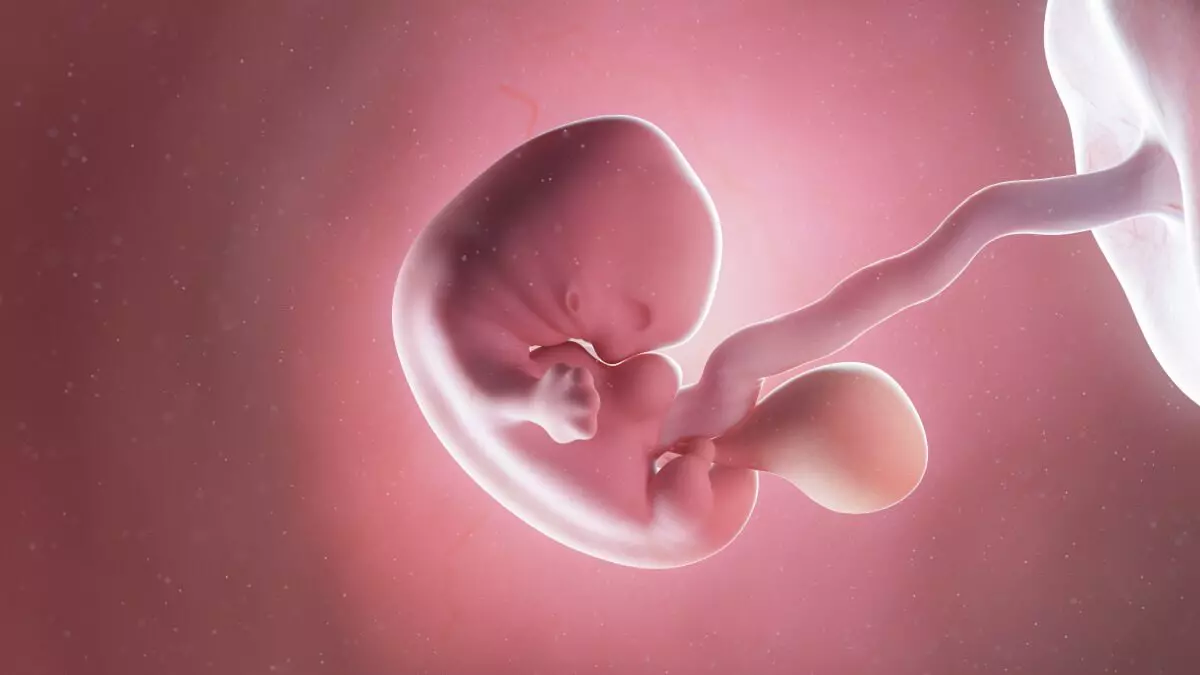
Abortion remains one of the most debated and controversial issues in society today. While some argue that it is a woman’s right to choose, others believe that every unborn child has the right to life. Understanding the moral, ethical, and medical reasons behind why abortion should be illegal is crucial in shaping perspectives on this significant issue.
The Moral Argument Against Abortion
One of the strongest reasons why abortion should be illegal is the moral belief that life begins at conception. From the moment of fertilization, a unique human life is formed, with its own DNA, distinct from that of the mother. Ending this life through abortion is, in essence, the termination of an innocent being.
Many religious and philosophical traditions uphold the sanctity of life, emphasizing that all human beings, regardless of their stage of development, deserve protection. If society values human rights, then it should extend those rights to the unborn, who are the most vulnerable members of our community.
The Scientific Perspective on Fetal Development
Science confirms that life begins at conception. From the earliest stages of pregnancy, the fetus develops rapidly, with a beating heart as early as six weeks and detectable brain activity soon after. If an unborn child can feel pain and show signs of life, how can abortion be justified?
Furthermore, medical advancements have enabled premature babies, born as early as 21 weeks, to survive and thrive outside the womb. This raises ethical concerns about aborting viable fetuses who, under slightly different circumstances, could have been born and lived full lives.
Psychological and Emotional Effects on Women
While proponents of abortion often claim it as a right, they rarely discuss the long-term emotional and psychological impact on women. Many women who undergo abortions experience regret, depression, anxiety, and even post-traumatic stress disorder (PTSD). The decision to terminate a pregnancy is not always as liberating as it is portrayed, and many women suffer in silence after making this choice.
Studies have shown that women who have had abortions are at a higher risk of mental health issues, substance abuse, and even suicidal thoughts. If abortion is truly empowering, why do so many women experience these negative consequences? Making abortion illegal would encourage society to provide better support systems for pregnant women, rather than leading them toward a decision they may later regret.
The Physical Risks of Abortion
Apart from emotional and psychological effects, abortion also carries significant physical risks. Medical abortions, involving pills, can lead to severe bleeding, infections, and incomplete procedures requiring further medical intervention. Surgical abortions also come with risks such as uterine perforation, scarring, and damage to reproductive organs, which can affect future pregnancies.
Additionally, research suggests that women who have had abortions face an increased risk of premature births in subsequent pregnancies. Complications from abortion procedures can impact a woman’s ability to conceive and carry a healthy pregnancy in the future, raising concerns about the long-term impact on reproductive health.
Abortion and Society’s Responsibility
One of the most significant reasons why abortion should be illegal is the responsibility of society to protect its most vulnerable members. Just as laws exist to prevent harm to children, the elderly, and individuals with disabilities, the same protection should extend to unborn children.
If abortion remains legal, it sets a dangerous precedent where the value of human life is determined by convenience or circumstances. Every individual, regardless of their stage of development, should be granted the right to life and the opportunity to fulfill their potential.
Alternatives to Abortion
Rather than resorting to abortion, there are numerous alternatives available for women facing unplanned pregnancies. Adoption, for example, provides an option for mothers who are not ready to parent while still giving their child the opportunity to live and be loved by another family.
Many organizations offer resources such as financial assistance, housing, and medical care for pregnant women in need. By promoting these alternatives and offering comprehensive support, society can create an environment where women feel empowered to choose life rather than abortion.
The Role of Education and Support
One way to reduce abortion rates is through education and increased awareness. Providing comprehensive education on fetal development, the consequences of abortion, and the resources available to expectant mothers can help individuals make informed decisions.
Support groups, crisis pregnancy centers, and counseling services play a crucial role in assisting women who feel they have no other choice. Encouraging these resources and making them more accessible can offer real solutions beyond abortion.
Conclusion
Abortion is not the only option, and it should not be treated as an easy way out of an unplanned pregnancy. The moral, scientific, and societal reasons why abortion should be illegal highlight the need to protect both the unborn and the well-being of women.
If you are thinking about abortion and need someone to talk to, The Abortion Truth is here for you. Whether you need support, guidance, or counseling, you can contact us at wecare@theabortiontruth.org. You are not alone, and there are compassionate alternatives available to you.










